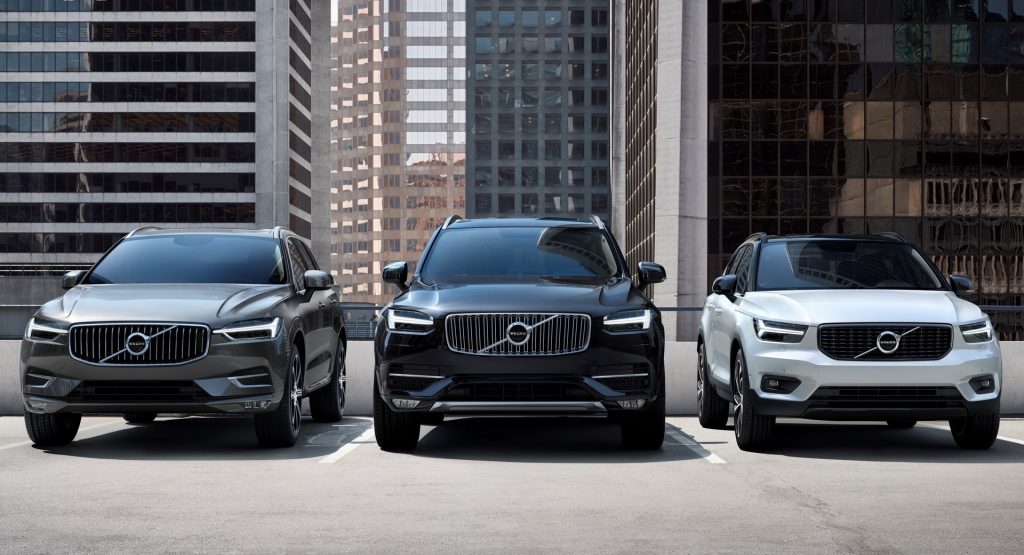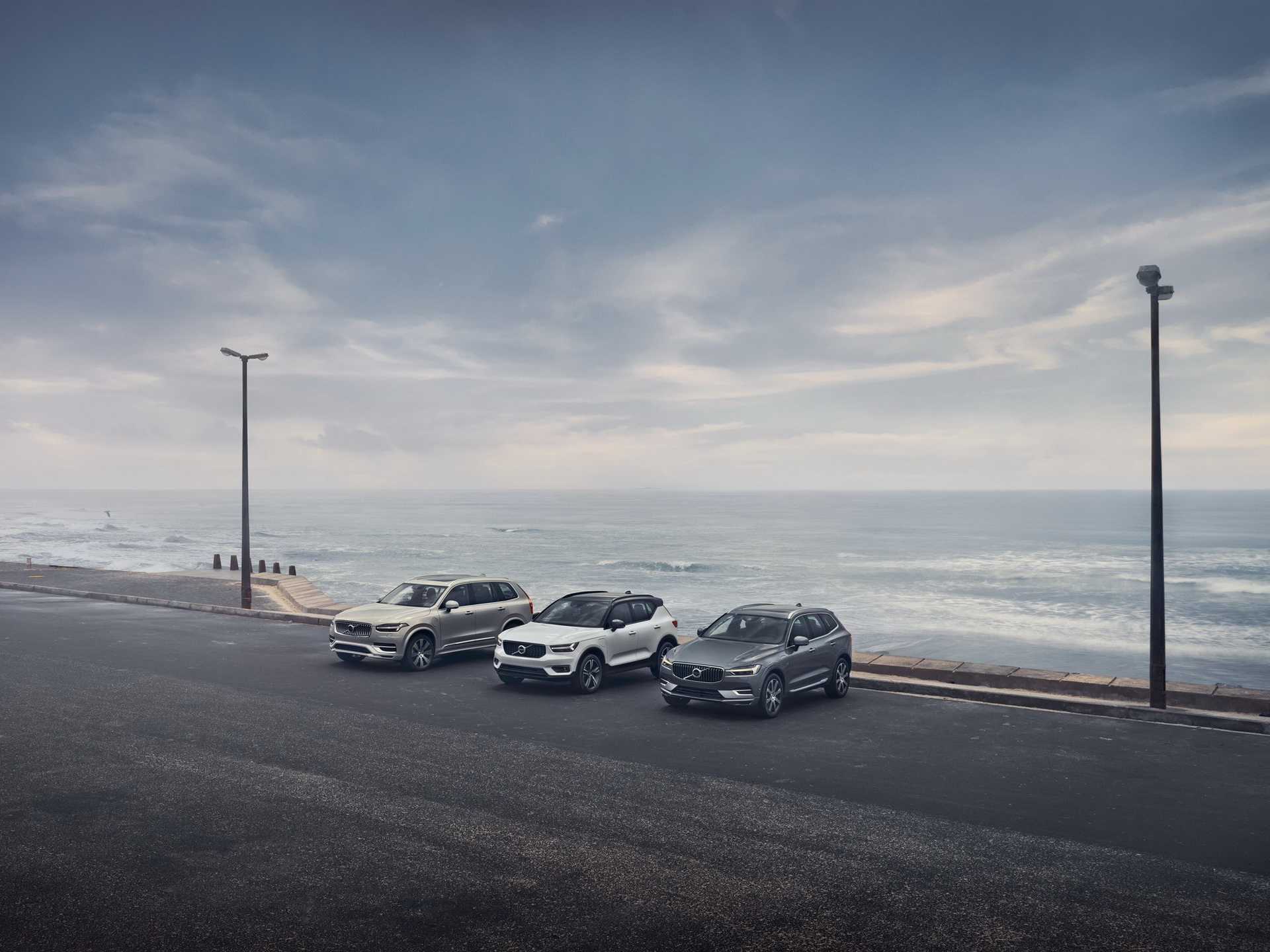Volvo expects SUVs to account for a massive percentage of its global sales after it adds yet another model to the range, below the XC40 compact crossover.
“With the addition of a smaller SUV it will probably be higher [SUV share],” said Volvo CEO Hakan Samuelsson in an interview with Autonews Europe. “Maybe it will be three-quarters SUVs in the future.”
While he didn’t specify any time frame for when SUV shares would hit 75%, we can already tell you that through the first 11 months of 2020, SUVs accounted for 71% of all Volvo sales – up from 63% during the same period last year.
Read Also: Volvo XC60 Now Available With A Full Range Of Hybrid And Plug-In Hybrid Powertrains
The carmaker’s best-selling model this year has been the XC60 crossover, with 169,445 units making their way into the hands of new customers.
“There is a clear trend toward small premium SUVs. It is a very successful segment,” said the Volvo chief executive.
The new model, which according to Samuelsson will wear the XC-badge, will be fully electric and will ride on the Sustainable Experience Architecture (SEA) developed alongside Geely.
“To really have the right cost structure on that we have to share the architecture,” he said. “We have a possibility to have a really competitive car in that size, also when it comes to profitability.”
Even though the Swedish brand has yet to specify when this new SUV will go on sale, we know that Lynk & CO will launch its own SEA-based model (a production version of the Zero Concept), sometime next year.
Volvo is aiming to launch one electric vehicle each year, starting with the XC40 Recharge – the latter will actually share its underpinnings with the next-year’s fully electric debut.
“For Volvo to be profitable we need to focus on higher price, more premium car segments. For customers who want lower priced cars we will recommend that they have a look at Lynk & CO. They will position their cars slightly under us.”
As for the possibility of adding a larger SUV than the XC90, the Volvo boss had this to say: “If we do that, we need to do it in a sustainable way. We need to make sure such a vehicle will be optimized for electrification. I think what will happen in the future is that SUVs will need to be more aerodynamic.”




